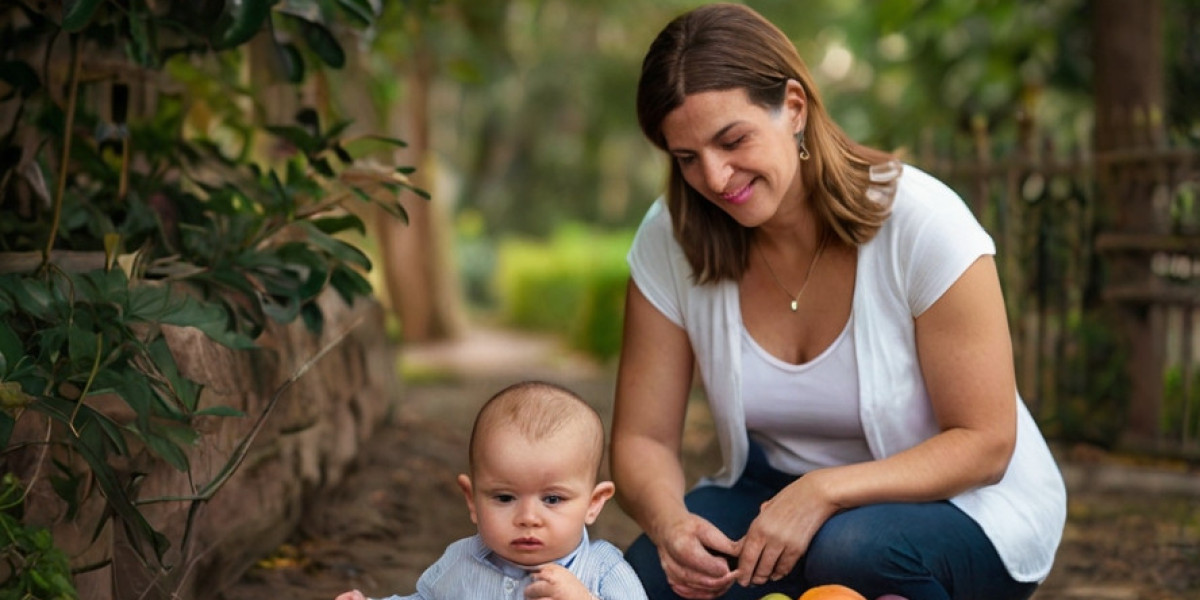The Importance of Sleep for Infants
Sleep is critical for infants. Babies experience rapid physical and mental development during their first year of life. Sleep plays a crucial role in this process, facilitating brain growth, immune function, and overall development. According to the American Academy of Pediatrics (AAP), infants aged 0-3 months need 14-17 hours of sleep, 4-12 months require 12-16 hours, and toddlers from 1-2 years benefit from 11-14 hours of sleep each day. Understanding these requirements can help parents set realistic expectations for their babies’ sleep needs.
Establishing a Sleep Routine
One of the most effective strategies to help infants acclimate to a sleep schedule is to establish a consistent sleep routine. A predictable routine can provide a sense of security and help signal to the baby that it's time to wind down. A typical bedtime routine might involve a warm bath, gentle massage, reading a story, or soft lullabies. The key is consistency—performing these activities in the same order every night can signal to the baby that it is time to sleep.
Signs of Sleep Readiness
New parents should learn to recognize signs that their baby is ready for sleep. Common cues include rubbing eyes, yawning, fussiness, and looking away. Responding to these signals promptly can prevent the baby from becoming overtired, which can make it more challenging for them to fall asleep. Observing and understanding these cues can help parents determine an appropriate bedtime that aligns with their baby's natural sleep patterns.
Day and Night Confusion
Many newborns experience a phase known as "day and night confusion." This condition occurs because a baby’s circadian rhythms—internal body clocks that dictate sleep-wake cycles—are not yet fully developed. As a result, they might sleep longer during the day and remain awake at night. To combat this, parents can help their infants learn the difference between day and night by exposing them to natural light during the day and keeping the nighttime environment dark and quiet. Over time, this exposure will help regulate the baby's sleep-wake cycles.
Navigating Sleep Regressions
As babies grow, they encounter various sleep regressions, which can disrupt their previously established sleep schedules. Common regression periods occur at 4 months, 8-10 months, and around the first birthday. During these times, babies may wake more frequently at night or have difficulty falling asleep. Sleep regressions are often triggered by developmental milestones, such as crawling or walking, and tend to be temporary. Understanding these phases can help parents manage expectations and reassure them that disruptions are a normal part of their baby's development.
Co-Sleeping and Safe Sleep Practices
The decision to co-sleep, or share a bed with a baby, can be a contentious issue among parents. While co-sleeping can make nighttime feedings more convenient, it is essential to prioritize safety. The AAP recommends that infants sleep in the same room as their parents—ideally in a crib or bassinet—for the first six months to reduce the risk of Sudden Infant Death Syndrome (SIDS). Parents should ensure that the sleep environment is safe by placing the baby on their back to sleep, using a firm mattress, and avoiding soft bedding or toys in the crib.
The Role of Naps
Napping can significantly impact a baby’s nightly sleep schedule. For younger babies, naps are typically needed throughout the day to meet their total sleep requirements. At around 3 months, infants usually take three to four naps a day. As they grow, the number of naps gradually decreases; by the time they reach 12 months, many babies will transition to one or two naps.
Parents should aim to establish a napping schedule that works for their baby’s individual needs, but it is important to ensure that naps don’t become too lengthy or too close to bedtime. A well-balanced schedule of naps can support better nighttime sleep and facilitate a more harmonious daily routine.
Understanding Individual Differences
It’s essential to remember that every baby is unique, and what works for one may not work for another. Factors such as temperament, health, and family dynamics all play a role in a baby’s sleep patterns. Some babies may adapt quickly to a structured schedule, while others may take longer to find their rhythm. Parents should be patient and flexible, making adjustments as needed to accommodate their baby's evolving sleep needs.
Sleep Training Methods
As babies grow and develop, parents may consider sleep training to encourage independent sleep habits. Sleep training involves teaching babies to fall asleep on their own, which can ultimately benefit both the child and the parents. Various methods exist, each with different philosophies on handling baby sleep. Some common techniques include:
- Ferber Method: This involves letting the baby cry for gradually increasing intervals before comforting them, which helps them learn to self-soothe.
- No Tears Method: In contrast, this approach focuses on gentle interventions to help the baby learn to fall asleep without crying, such as picking up and comforting while ensuring minimal disruptions to the sleep environment.
- Chair Method: Parents gradually move further away from the crib each night until their baby can fall asleep independently.
Each method has its advocates and critics, and parents should choose what feels right for their family. It's also worth noting that sleep training is not suitable for all families and should be approached with consideration for the baby’s temperament and cues.
Seeking Professional Guidance
If parents encounter persistent sleep issues or have concerns about their baby’s sleep patterns, seeking the counsel of a pediatrician or a Child sleep (http://www.premio-tuning-bestellshop.at) specialist can provide reassurance and professional guidance. These experts can help identify underlying issues and offer tailored strategies for improving sleep.
Tips for New Parents
- Be Consistent: Stick to the established bedtime routine as closely as possible to help your baby recognize sleep cues.
- Monitor Sleep Environment: Ensure the sleep space is dark, quiet, and at a comfortable temperature to promote better sleep.
- Limit Screen Time: Avoid screens before bedtime, as the blue light emitted by devices can interfere with the production of melatonin, the sleep hormone.
- Practice Self-Care: New parents should prioritize their own rest and well-being, recognizing that their sleep habits directly affect their ability to care for their baby.
- Join Support Groups: Connecting with other parents through support groups can provide encouragement and valuable insights on navigating the challenges of baby sleep.
Conclusion
Navigating infant sleep schedules can feel overwhelming for new parents, but understanding the fundamentals can make the journey smoother. Prioritizing sleep is essential for the health and happiness of both parents and babies. With patience, consistency, and a willingness to adapt, parents can foster a nurturing sleep environment that supports their baby’s growth and development. It is an evolving process, and while there may be sleepless nights, the joy of watching a baby grow and thrive makes every moment worthwhile. Embrace the journey and remember—this phase, like all phases of parenthood, is temporary.



